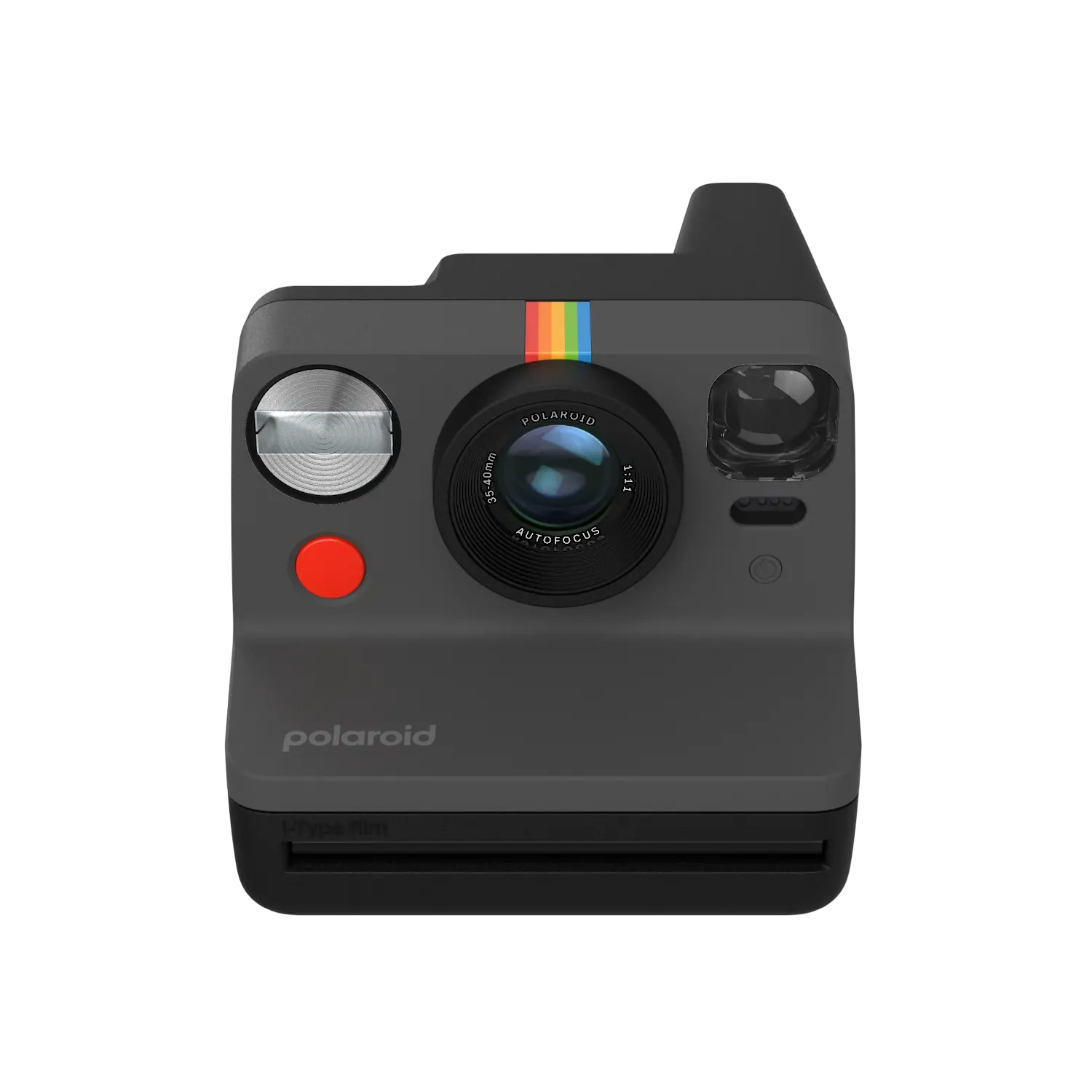Rise by Six: Your Daily Dose of Inspiration
Explore insights and stories that elevate your day.
Clicking with Confidence: Finding Your Perfect Camera Match
Discover your perfect camera match and unlock your photography potential. Click now to find the gear that boosts your confidence!
Top 5 Features to Look for When Choosing Your First Camera
Choosing your first camera can be an exciting yet overwhelming experience. To ensure you make the right decision, it's essential to focus on key features that align with your photography goals. Resolution is one of the most critical factors; it determines the quality of your images. Look for a camera with at least 16 megapixels, allowing for sharp and clear photos suitable for both digital viewing and printing. Additionally, consider the camera's lens compatibility. A versatile camera that accepts a range of lenses can grow with your skills, enabling you to experiment with different styles of photography.
Another important feature to examine is the ease of use. As a beginner, you’ll want a camera that offers automatic modes combined with manual controls, giving you the flexibility to learn and improve over time. Low-light performance is also crucial; cameras with larger sensors typically perform better in dim conditions, helping you capture quality images even without optimal lighting. Finally, pay attention to the battery life of the camera. A longer battery life ensures that you can shoot without frequently worrying about recharging, allowing you to concentrate on capturing those perfect moments.

Understanding Camera Types: Which One Suits Your Photography Style?
When it comes to photography, choosing the right camera type is essential for capturing stunning images that reflect your unique style. There are several categories of cameras to consider, including DSLRs, mirrorless cameras, point-and-shoots, and smartphone cameras. Each of these options offers distinct advantages and limitations. For example, DSLRs are well-known for their exceptional image quality and versatility, while mirrorless cameras are often lighter and more compact, making them ideal for travel photography. If you prefer simplicity and convenience, point-and-shoots may be the right fit. Finally, smartphone cameras are continuously evolving, providing impressive quality for casual photography enthusiasts.
To determine which camera type suits your photography style best, consider the following factors: your skills, your subject matter, and your desired results. If you're an experienced photographer looking to experiment with advanced settings and high-quality lenses, a DSLR or mirrorless camera may be the ideal choice for you. On the other hand, if you prefer spontaneous photography or are just starting your journey, a point-and-shoot or even your smartphone camera could suffice. Remember, the best camera is the one that you feel most comfortable using, allowing you to capture moments in a way that truly represents your artistic vision.
Is Bigger Always Better? A Guide to Camera Sensor Sizes and Quality
The debate over bigger camera sensors often centers around the age-old question: is bigger always better? When it comes to camera sensors, size can significantly impact image quality, depth of field, and overall performance, especially in low-light conditions. Larger sensors, like full-frame or medium format, typically capture more light, resulting in enhanced dynamic range and reduced noise. However, this doesn't mean that smaller sensors, such as those found in smartphones and compact cameras, lack quality. Many modern advancements in technology have allowed smaller sensors to produce impressive results, narrowing the gap in image quality.
When assessing camera sensor sizes, it's important to consider the intended use. For professional photographers or those who require the highest image fidelity for large prints, investing in a camera with a larger sensor might be worth the extra cost. On the other hand, enthusiasts who primarily share their work online may find that a smaller sensor meets their needs perfectly. Ultimately, the decision should also factor in other elements such as lens compatibility, portability, and personal preference. In photography, quality is not solely determined by sensor size; rather, it is the combination of many factors that lead to stunning images.